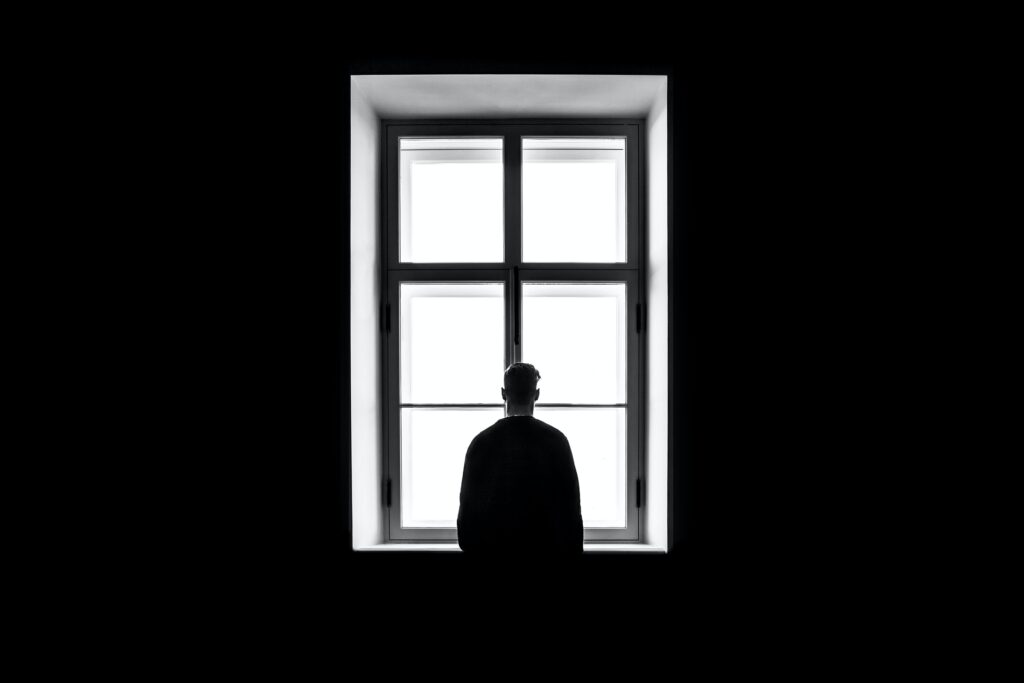A quarter of the Estonian people have gone to work when sick during the last year as they’re afraid of a decrease in their income and don’t want to let down their colleagues at work, reveals the recent survey carried out by an Estonian insurance company.
According to the Seesam insurance company, entrepreneurs and people living in Ida-Viru County went to work when sick the most during the last year. People of retirement age stay away from work the most when they fall ill.
“The survey indicates that Estonians are tough cookies for whom taking sick leave is the last resort,” Tiia Prööm, the marketing manager at Seesam, said in a statement. “It’s understandable that people are afraid of their income decreasing, but there are also people who don’t want to let their colleagues or clients down or are worried about what their employer will think if they go on sick leave because of mental health issues.”
Those who continued to go to work when sick admitted that taking sick leave would’ve meant letting their colleagues down and losing some of their salary. Labourers and office workers worried about the decrease in their salary the most – as many as 60% responded that they cannot take sick leave because it would reduce their income, according to the survey.

Three-quarters of the respondents, aged 25-34, however, worried about their colleagues who would suffer in the case of their absence and have to cope with a bigger workload.
Entrepreneurs, on the other hand, were concerned about their clients – 75% of the entrepreneurs who responded went to work when sick as they didn’t want to let down their clients, the insurance company said.
Mental problems not considered a real illness
“The reasons for going to work when sick are different among men and women,” Prööm said. “For example, a quarter of women and only one-tenth of men admitted their employer’s attitude towards people taking sick leave was negative. On the other hand, men were more worried about letting down their clients than women – 35% and 18% of respondents, respectively.”
The insurance company said that one-fifth of those who went to work when sick felt that mental problems were not considered a real illness and this is why people didn’t take sick leave in order to deal with mental health concerns.
“Office workers felt this more than others as 31% of them agreed with the aforementioned statement. A little over a quarter of respondents, however, feel that their employer doesn’t care about their health at all,” the survey revealed, according to the insurance company.

According to Seesam, the survey also revealed that people actually expected their employers to contribute to their health with an exercise benefit or health insurance in addition to being understanding. “38% of respondents would like their employers to cover their health-related expenses and 39% find the existence of an exercise benefit important,” Prööm said.
Seesam is an Estonian insurance company, founded in 1991. Since 2019, it’s been a part of the Vienna Insurance Group.
The cover image is illustrative. Photo by Bermix Studio on Unsplash.


What does it mean? Is this different from other countries? How does the current regulation to pay us from the first sick day affect this? Are some people not included here? If not, then how is pay affected as in the headline? Of course the headline does not reach the determination of the text, which is it is hard to take sick days because of our work responsibilities. Not because we will starve at the end of the month or whatever this is trying to say.